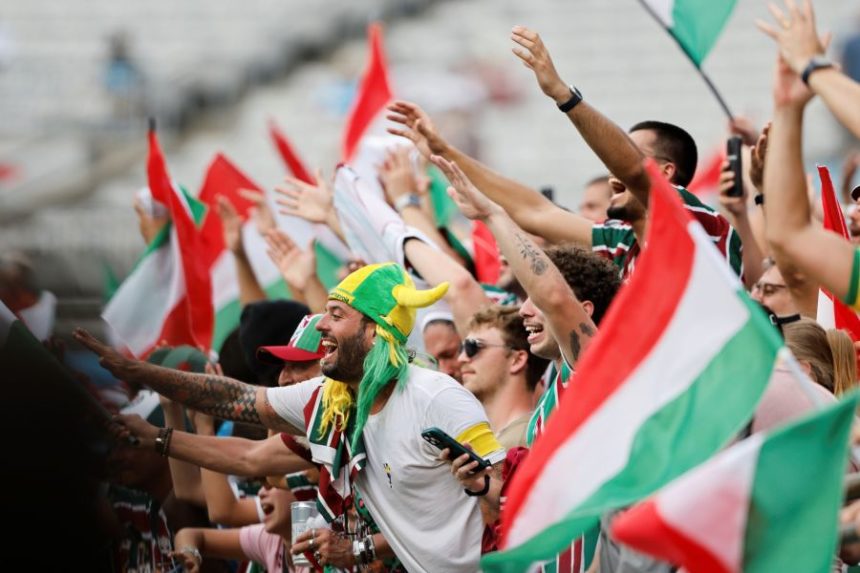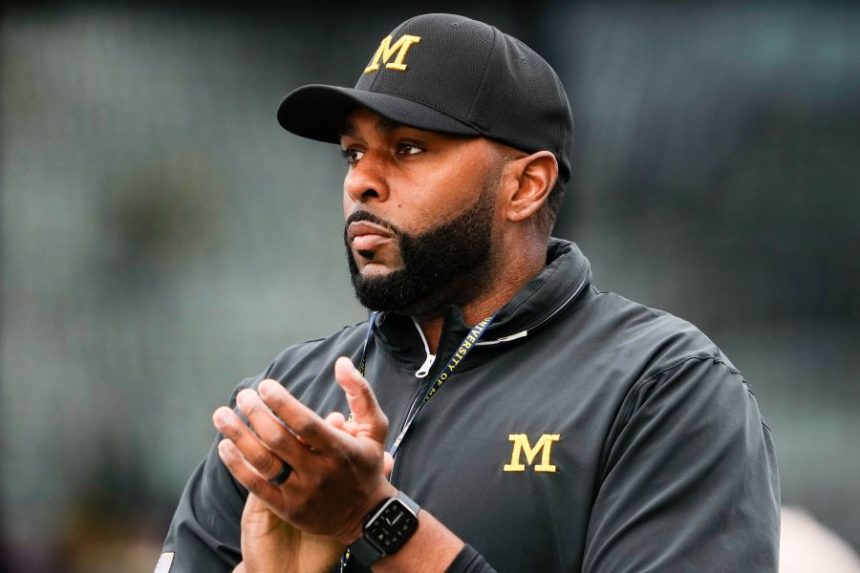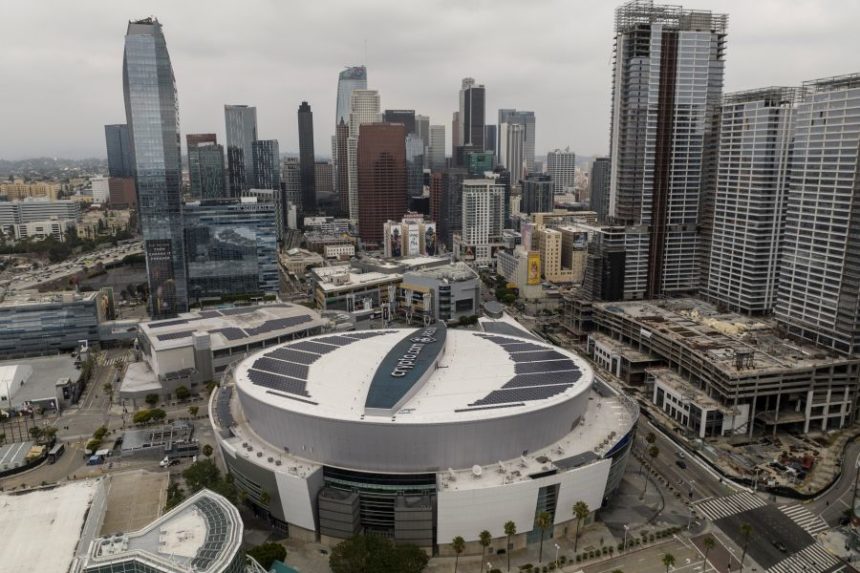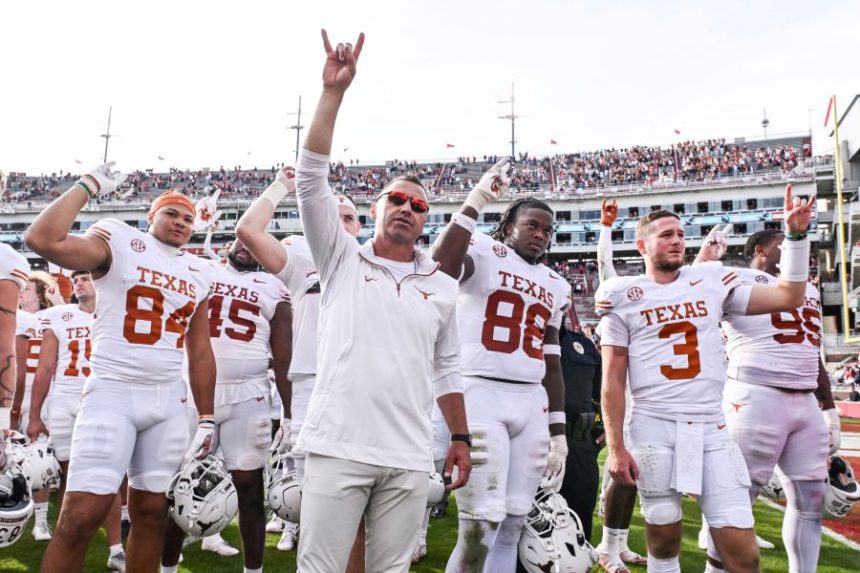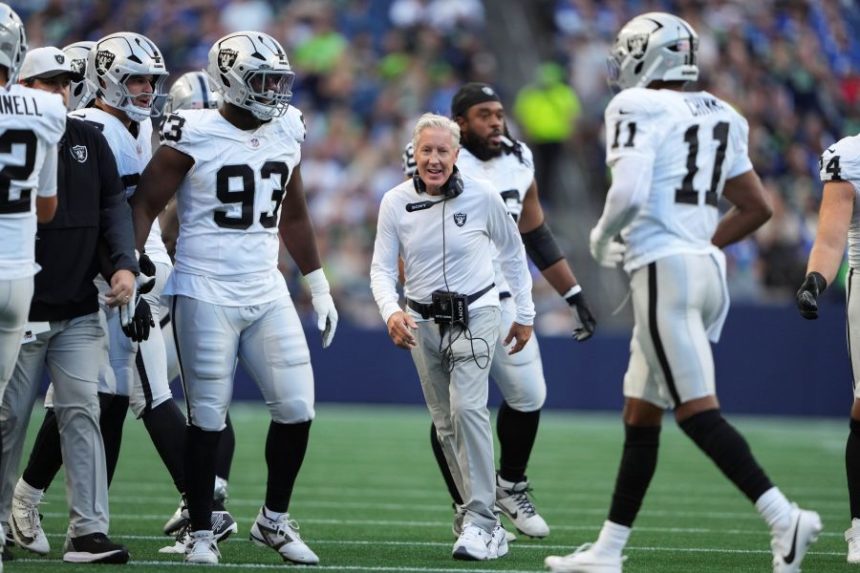AP/Charlotte, North Carolina Victor Dumois, a lifelong soccer fan, recently attended a Club World Cup match in Miami and voiced his concerns about the United States co-hosting the 2026 World Cup.
Dumois, a Spaniard, stated, “I believe that a strange phenomenon has happened here since the Copa America.” Some people are against the World Cup taking place in the US.
Last year’s Copa America title game in Miami was a security nightmare, with supporters who were too hot and didn’t have tickets tearing down the fences to enter Hard Rock Stadium. Although some paying patrons were never able to reach their seats because they were occupied, the game was eventually played. Some pointed to the fiasco as evidence of how ill-prepared the US is to host the world’s largest soccer tournament.
The 32-team Club World Cup, which is being held exclusively in the United States, is coming up this summer.
According to Dumois, security was extremely strict this time.
In response to the Round 16 match between Real Madrid and Juventus, Dumois stated, “In Spain, it is different, you can just have an Uber or taxi take you right up to the stadium.” They have to leave you outside and far away here in Miami. The number of security levels is excessive.
The United States, along with Canada and Mexico, will host the 2026 World Cup in cities like Miami, Atlanta, Boston, Dallas, Houston, Kansas City, Los Angeles, Philadelphia, San Francisco, and Seattle. The Club World Cup, which is headed into the quarterfinals this weekend, has been used as a warm-up for that event.
With the exception of a few games, the club competition has not attracted many spectators thus far.
Fluminense and Inter Milan’s Round of 16 knockout match at Charlotte’s 75,000-seat Bank of America Stadium drew a mere 20,030 spectators. Fans who had bought tickets for the upper deck were permitted to relocate to the lower bowl by stadium management. Lower bowl appeared to be half full even at that point.
Across the nation, empty seats have become a frequent occurrence.
There are several explanations for this.
First of all, players compete for their countries rather than a club team in the World Cup, which is just more popular than the club event.
Some have also been deterred by the expenses of the games and the trip.
Additionally, despite President Donald Trump’s campaign on illegal immigration, some people have been worried about possible raids by U.S. Immigration and Customs Enforcement at matches.
Nor has the weather been helpful.
Although Benjamin Cabral’s family comes from Azoras, a Portuguese autonomous province, he currently resides in Boston.
According to him, a schedule adjustment is required if FIFA wants to expand the game in America. Because soccer is so popular in Europe, a lot of club matches are played during the day so that supporters from other countries can watch games on TV or watch livestreams at night.
The drawback is that during a significant heat wave that swept the United States, players were compelled to play in temperatures above 90 degrees Fahrenheit (32 degrees Celsius).
According to Cabral, they must create the games later if they want to expand their game in the US. For the players, it’s too hot outside.
Fans haven’t had it easy either.
Carlos Olguin, who traveled from Mexico to Charlotte to witness Pachuca play Real Madrid, stated, “There’s no roof, no screens, not much.”
The World Cup the following year will take place in a similar time frame, starting in mid-June and ending in mid-July.
Another worry is the level of excitement around the current event.
Olguin added that the city could be better prepared for the event because some people don’t even know it’s happening, so they go to a restaurant thinking there will be flags, fans, and more football-related items, but there isn’t anything. Given that some individuals are unaware that the event is happening, the city ought to be better prepared for it.
Prior to the United States hosting the World Cup for the first time since 1994, fans who attended Club World Cup events had mixed opinions on American stadiums and host towns.
According to South Carolina’s Jeremy Zuniga, “I’ll be honest, the United States is not ready to host the World Cup.” Too many individuals are traveling from Europe, South America, and other continents.
Others, such as Peruvian Rogerio Bajos, have a different opinion.
Bajos, who also went to a CWC game in Miami, stated, “I think it’s been good, we haven’t had any problems.” The security has been good, and parking is not an issue. All in all, an amazing show.
The Club World Cup should help the American co-hosts resolve some concerns before next summer, according to Miami’s Humberto Contasta.
Daniel Marques, who traveled from Portugal to Charlotte just to watch Benfica play Chelsea in a group play match, expressed his overall satisfaction with the tournament’s administration.
Altoe Guilherme concurred.
Before relocating to the US over ten years ago, Altoe grew up watching World Cup events in Brazil. He said he believes the US will host an excellent event the following year.
“I believe that the United States has all the infrastructure necessary to host a World Cup,” he stated. We can’t wait for them to see all of the admirers from all around the world and for their families to visit; it will be a lot of fun.
